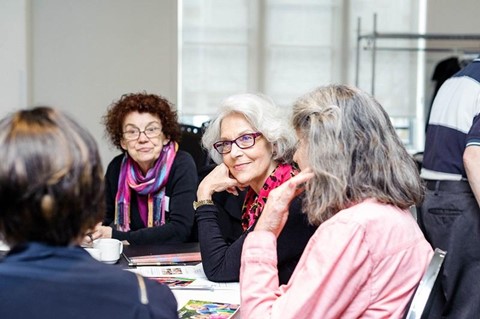
- This event has passed.
Summary:
This webinar will review the different ways that substances from the cannabis plant might help to manage dementia and related responsive behaviours, such as agitation, in people living with Alzheimer’s disease. Researchers have been studying cannabinoids, the active parts of cannabis, to see if they can reduce agitation, a common and distressing symptom. While non-drug approaches are usually tried first, medications are sometimes needed. However, current options can have serious side effects. Cannabinoids may work differently and could offer a safer alternative, but more research is needed.
The session will also highlight a new study testing whether a cannabinoid called cannabidiol (CBD) can help reduce agitation in people living with Alzheimer’s disease. This study builds on earlier research using a similar cannabis-based substance called nabilone, which showed promising results. The new study will help researchers understand whether CBD can offer similar benefits, with fewer side effects, and how it might be used in future dementia care.
This webinar is free to attend and is presented in plain language. You will have the opportunity have questions.
For more information on the study, visit: https://tdn.alz.to/research_study/calm-it/
This webinar is presented in partnership with the Toronto Dementia Research Alliance
About the Presenter
Dr. Krista Lanctôt is a senior scientist at the Hurvitz Brain Sciences Research Program and the director of the Geriatric Psychopharmacology Research Group at Sunnybrook Research Institute. She holds the Bernick Chair in Geriatric Psychopharmacology at Sunnybrook Health Sciences Centre and the University of Toronto. She is also the research co-director of the Department of Psychiatry at Sunnybrook. At the University of Toronto, she is a professor in the Department of Psychiatry, where she is also the Vice Chair, Basic and Clinical Sciences, and a Professor of Pharmacology and Toxicology.
Her research focuses on understanding mood, thinking, and behaviour changes that happen in illnesses like dementia and stroke. She studies the brain chemicals and body processes that cause these symptoms and looks for new treatments, including medicines, brain stimulation, exercise, and diet. Her goal is to find safer and more precise ways to treat these symptoms and improve care for people living with dementia and other brain disorders.



